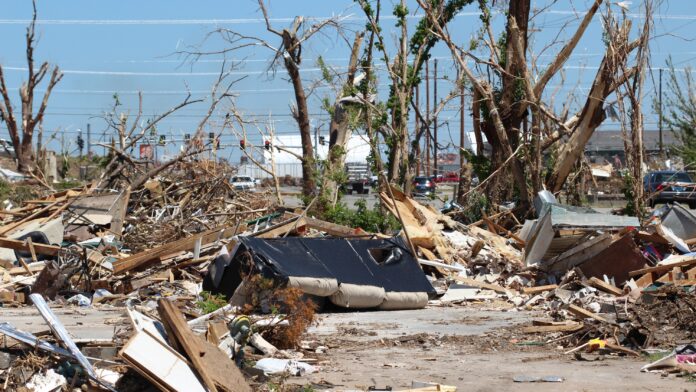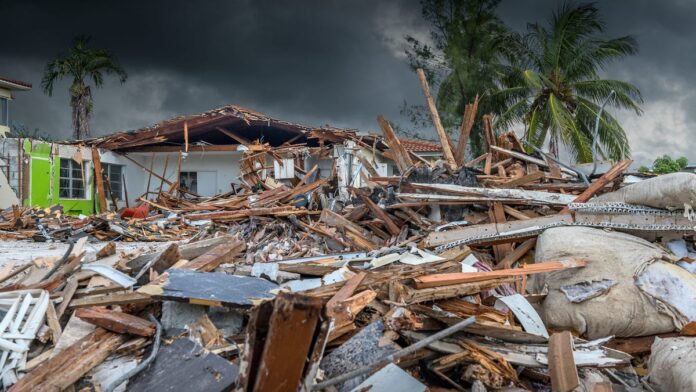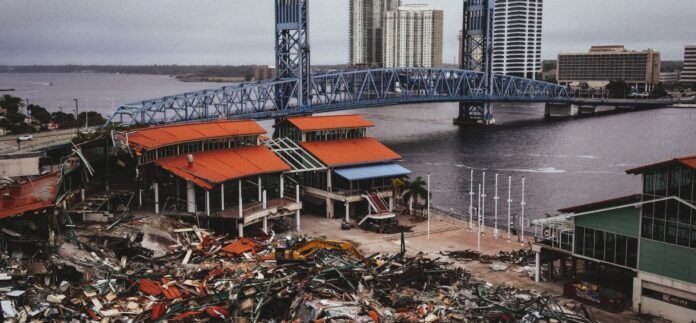
Table of Contents
Prompted by climate change, abrupt economic expansion and other factors, instances of natural disasters have increased significantly over the last few years.
While early detection systems are steadily improving, they’re still imperfect. That’s why it’s important to understand the impact that a natural disaster can have on your business and how to mitigate risks.
Here are four ways natural disasters can impact your business:
Physical Damage to Property and Products

If you live and work in the US, you might not appreciate the need for disaster risk insurance. However, it’s not just your physical location that you need to take into consideration. Key parts required to make your product may be assembled in a factory in Bangladesh or the Philippines. Both these countries are highly disaster prone. When setting up infrastructure, take these risks into consideration. Paying more now to produce products locally can pay off later.
Supply Chain Disruptions and Increased Costs
Your business or factories that supply your product may not be directly impacted by a natural disaster, but don’t underestimate the challenge it can present for your supply chain. For example, the COVID-19 pandemic caused ongoing global disruptions to manufacturing and distributions. The effects of this are still being felt in many industries, such as construction, with materials difficult to obtain and prices at a premium.
Savvy businesses don’t put all their eggs in one basket. To ensure order fulfilment can continue during natural disasters, always have a secondary supply chain, preferably in a different location.
Impact to Morale and Labour Shortages

Natural disasters don’t just impact your product, they can also impact your labour force. Damage to homes, properties or even loss of life can have a huge residual effect on your staff. Heightened anxiety can lead to increased absenteeism or behaviour problems in the workplace. If the disaster is far-reaching, a housing crisis may even cause your employee pool to diminish, creating labour shortages.
To keep your workforce happy and healthy, encourage transparency and open communication from managers around how the disaster is impacting the business. If feasible, contract in a counselling service and allow workers to take half hour out of their workday to speak with a licensed professional about their concerns. Where possible, be flexible and allow remote work for displaced employees.
Loss of IT infrastructure
Natural disasters can wreak havoc on IT infrastructure, leading to temporary loss of internet access. Direr than this minor disruption to business is the potential for permanent loss of data. Damage to servers can cause you to lose vital company information, such as customer details, financial records and other intellectual property. This can kind of data loss can have severe legal and financial repercussions for your business. Limit the risk by keeping your servers routinely backed up and preferably stored in multiple locations.
Natural disasters will always be disruptive and distressing. To limit the loss to yourself and your business, use the tips above to put a robust disaster backup plan in place BEFORE you need it.
















